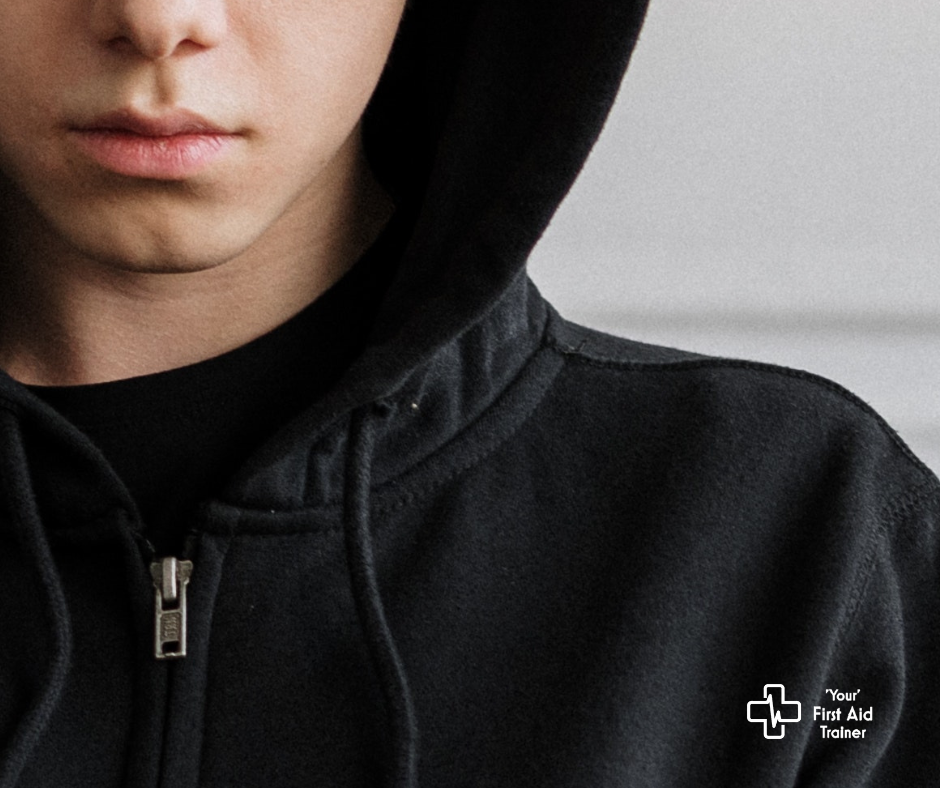
Experts continue to see a trend in young adults, often described as a ‘quarter-life crisis’, where an individual faces “crippling anxiety, depression, anguish, and disorientation”. Compared to the classic ‘midlife crisis’, which is typically described as concern over ageing, job status and one’s love life, a ‘quarter-life crisis’ is best described as anxiety about getting on in the world. Young adults might worry about paying for college, finding work, personal fulfilment or even being able to move out of their parent’s home and afford a place of their own.
These concerns are filtering down to an even younger generation, the early to late teens, who see their older siblings and other slightly older people struggle. This may leave little hope for them as they contemplate their own future in just a few years.
This isn’t also to suggest that young people, particularly teenagers, don’t have their own problems in the here and now. Coming to terms with sexuality and identity, identifying with peer groups, learning about themselves and coping with friends and family are typical concerns that differ wildly, depending on the person and their background. Coupled with this is the increasing worry over the future of our planet amongst rising environmental and social issues and the often relentless social pressure coming from social media platforms, which expect young people to be constantly available to a large, unfiltered audience.
It’s no wonder that mental health issues are a continual problem for today’s young people. So what can you do about it?
Seeking professional help
Whatever else you do, if you’re talking with a young person experiencing mental distress, a crisis or suicidal thoughts, referring them to a trained professional is key. Depending on the person’s age and family background, consulting with the parents or caregivers might be a good suggestion.
However, each situation is unique. If the young person is experiencing distress because of their family, the solution might be to seek someone at their school or a close peer. Finding the right support network for the person in need and evaluating their own ability to seek help is an important step in getting them the help they require.
Talk up, not down
If you’re trying to approach a young person or teenager about their mental health, don’t talk down to them. The anxiety and stress they feel are likely every bit as real as your own, even if you arrive at an office every day whilst they head off to school.
Talk to them as you’d talk to someone else at work. Consider that their point of view is likely something you’ve been through yourself, only for them, it’s happening right now. Use your own experience to help relate, but don’t take it personally if they feel you’re unable to connect with you.
The generation gap
The generation gap is a point that’s hard to cross for non-professionals. Some people seem to have a way with kids and young adults, while others can’t find that point of connection.
The solution is to avoid bringing in comparison whilst still relating to young people.
Comparison is an ugly word that feels for many like a ‘measuring up’, evaluating one experience against another. It’s a useful tool for helping us distinguish dogs from cats and chicken burgers from tofu salads — but it can be counterproductive when talking with a young person about their feelings. They may not feel it relates to something you’ve been through or that they’re at a disadvantage because you’ve ‘overcome’ your anguish, while they don’t know if they ever will.
If you’re comparing anything, it should be to more abstract terms, such as physical pain or unpleasantness. Use your experience to help understand the situation, but allow young people to express themselves as they feel best.
Understanding important terms
It’s also advantageous if you understand the terms and the signs behind what a young person might be feeling. Eating disorders and suicidal thoughts are high among the negative experiences of young people, so understanding what these look and sound like in a developing brain are crucial to providing help.
Getting Mental Health First Aid training
If you’re in a position where you interact or look after a group of young people, getting certified training to help support them is a terrific idea. Mental Health First Aid training is a way of training yourself to recognise mental health issues and act as a first aider, becoming a young person’s point of contact before they’re referred on to fully qualified help.
The good thing about Mental Health First Aid training is that it’s widely available, affordable and takes around two full days to complete. MHFA training also certifies you as a Mental Health First Aid responder who can approach young people and seek help on their behalf.
‘Your’ First Aid Trainer is qualified to deliver first aid training to people working with youths and youth groups, with a range of blended online and face-to-face workshops. If you’re interested in becoming an MHFA responder, you can book a class with us here.
Sources cited: